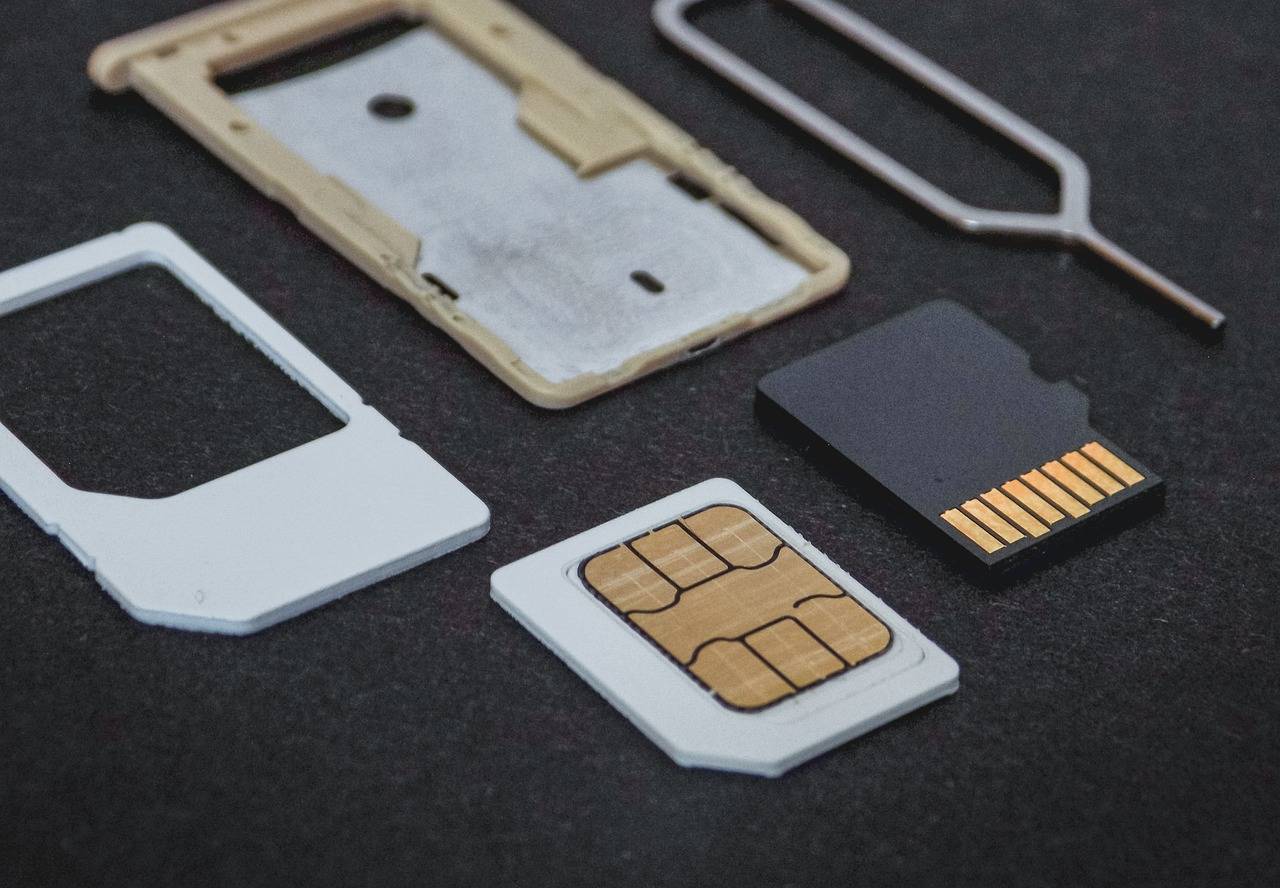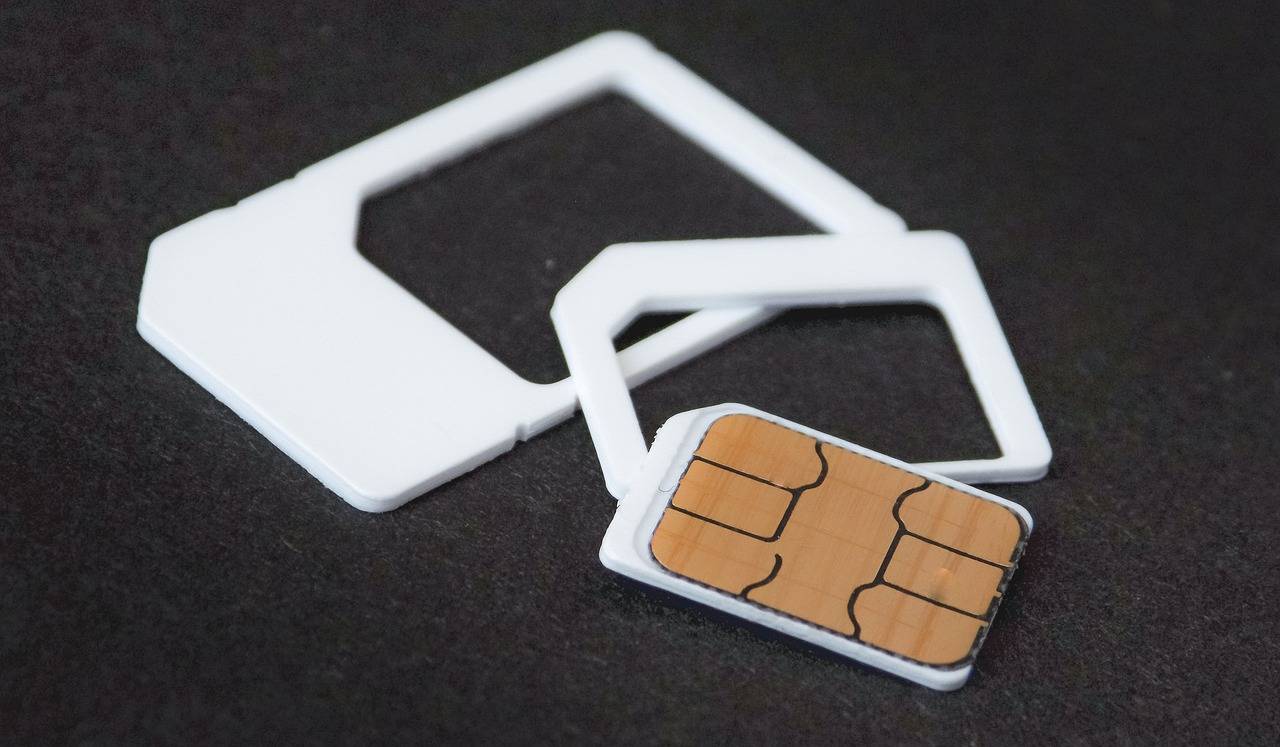The heartbeat of modern entrepreneurship is connectivity. For small business owners, selecting the right SIM service isn’t just about making calls or browsing the internet; it’s about the lifeline of their enterprise — a tool for success, growth, and competitive edge.
In 2021, the global SIM card market size was $4 billion and is projected to reach $4.7 billion by 2027, a figure that speaks volumes about the significance of this little chip.
Navigating the SIM service marketplace can be daunting. Still, with the right knowledge and strategy, you can empower your business through a mobile network as adaptable and ambitious as you are.
Whether you’re a budding entrepreneur or the visionary behind a startup, this ultimate guide will walk you through every stage of choosing a SIM service tailored to launch your business into the digital stratosphere.
What is a SIM card, and how does it work?
For the uninitiated, the Subscriber Identity Module (SIM) card is the key that unlocks a world of mobile connectivity for smartphones and other devices. It keeps your mobile service provider informed of your identity, allowing you to partake in all the required telecommunication and data services.
The tech behind SIM cards
SIM cards appear deceptively simple, but the technology within them is intricate. Integrated circuits and memory chips encrypted with your subscriber information form the backbone of the SIM, ensuring secure and personalized mobile services. The small size of these cards does not indicate their power; they can store large amounts of data and are even capable of running basic applications.
Types of SIM cards: Standard, Micro, Nano, and e-SIM
From the classic credit card-sized SIM to the newer e-SIM technology, there’s a SIM type tailored to your business’s specific needs. Understanding the differences can help you choose what’s best for your setup, particularly when considering these cards’ physical size or embedded capabilities.
- Standard SIM: These have been around the longest and are still used in many devices today. They measure around 25mm x 15mm and are known as mini-SIMs.
- Micro SIM: As the demand for smaller phones grew, so did the need for smaller SIM cards. Measuring just 12mm x 8mm, these became popular when the iPhone 4 came out in 2010.
- Nano SIM: The smallest SIM type available, measuring only 8.8mm x 12.3mm, is commonly used in newer smartphones and tablets.
- E-SIM: This technology eliminates the need for a physical SIM card and allows for remote provisioning of mobile services. It is currently being adopted by more and more manufacturers, making it a promising option for future devices.
Identifying Your Small Business Connectivity Needs
To pave the way for a tailored solution, you must first identify your business’s unique connectivity requirements. Depending on your setup, you may need a standard SIM to fit into an existing device or an e-SIM for a newer model that supports this technology.
Analyzing your business’s call and data requirements
The analysis doesn’t start with counting messages or voice minutes. You need to consider the quality and type of communication, such as video conferencing or frequent customer service calls, to ensure your chosen service can handle the load.
The impact of business size and type on SIM service choices
A one-size-fits-all approach doesn’t cut it. The size and type of your business will translate into vastly different connectivity needs. A small local consultancy may thrive on a different plan than a tech startup poised for rapid national expansion.

Factors To Consider When Selecting a SIM Service Provider
Beyond the SIM, the service provider is critical to your small business’s connectivity solution. To set yourself up for success, carefully consider the following factors:
Network coverage and reliability
Reliability trumps novelty when it comes to your business. Opt for a service provider with a vast network that blankets your operating area, ensuring your connectivity doesn’t falter when needed.
Cost-effectiveness and pricing plans
For small businesses, managing costs is crucial. Providers offering reasonable pricing plans with no hidden fees could be the key to a healthy bottom line.
Customer service and support
Efficient customer support can be a business-saver in network issues or billing queries. Investigate how readily available and helpful the provider is with their support services.
Flexibility and scalability of services
Your business is dynamic, and so should your SIM card service provider. A flexible plan that grows with you and offers easy upgrades or downgrades is invaluable for small businesses adapting to market fluctuations.

Unique SIM Service Needs of Small Businesses
Small businesses often have underappreciated peculiarities that can make or break the effectiveness of their SIM service. Consider the following factors as they relate to your business when selecting a provider:
Managing multiple lines and accounts
From juggling personal lines to organizational accounts, small business owners often have to manage multiple connections. Look for providers that offer centralized management tools to streamline this process.
International roaming and travel requirements
In an increasingly global market, international connectivity is no longer just a luxury but a necessity. Providers who offer seamless and reasonable roaming services can be an asset.
Integration with business tools and systems
A SIM service that integrates with your business’s existing systems and tools, like a Point of Sale (POS) system or Customer Relationship Management (CRM) software, can significantly streamline your operations.
Empower Your Small Business Through Connectivity
Choosing a SIM service is not simply ticking an item off a checklist. It’s an exercise in foresight, aligning your business with a partner capable of keeping pace with its ambitions. With the right provider, your small business can soar to new heights, leveraging connectivity as a tool and a strategic asset.
In the dawning era of 5G and beyond, the small business with its connectivity sorted will be poised to lead, innovate, and outshine the competition. Make your selection wisely and watch as your business transforms from a mere player to a game-changer in your industry. Your SIM service isn’t just another subscription; it’s a statement of intent.
With the comprehensive understanding gleaned from this guide, your small business is now ready to venture forth and make an informed decision, arming itself with the connectivity it deserves. Remember, in the grand scheme of business, each thread counts—and the SIM service you choose could very well be the luminous silk that catches the eye of success.
Internal Images by tomekwalecki, Skitterphoto, & tomekwalecki; Pixabay; Thanks!

